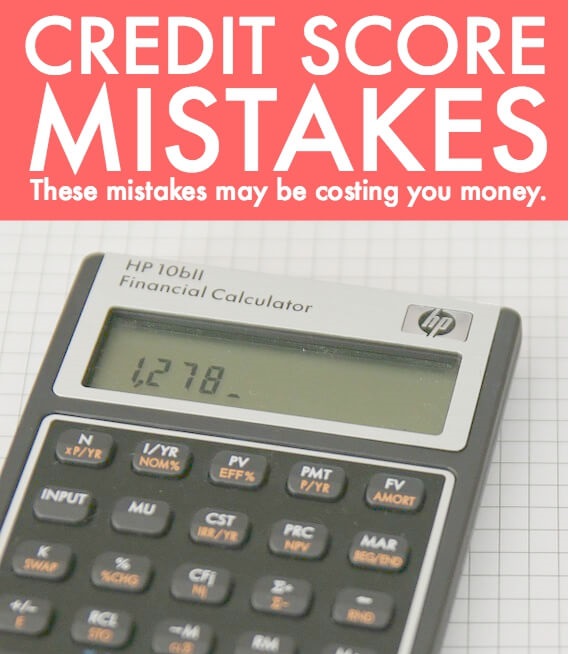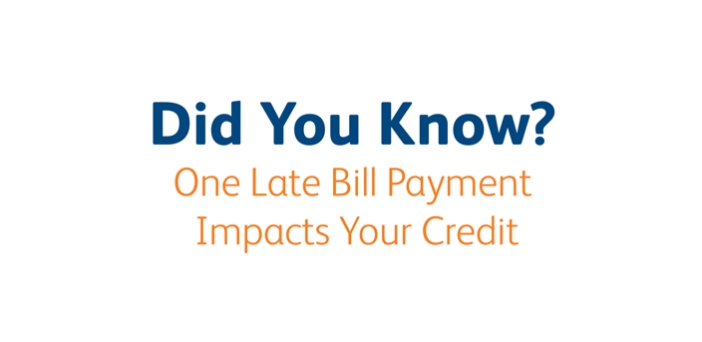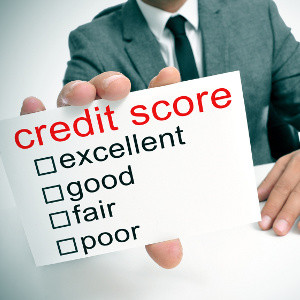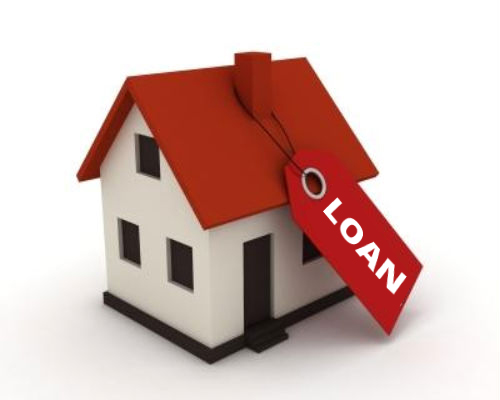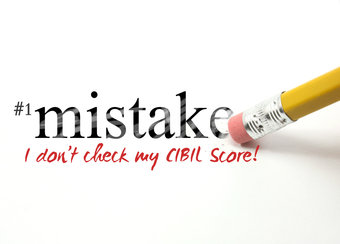There are several pitfalls of having a poor or less than adequate credit score. Many US citizens know how it leaves a negative impact on their credit history. Whether you want to apply for a home or car loan, your credit score plays an important role in negotiating loan rates. If you have a low credit score, and struggling due to a blemished credit history, questions such as “How do I repair my credit score?”are natural to crop up.
A credit score above 700 is considered a good score and qualifies you for almost every requirement where credit score is a determining factor. On the other hand, scores below 600 can bring down your creditworthiness. Therefore, it is important that you stay on top of your financial matters. Some of the common mistakes that people usually do and end up with a bad credit score are as follows.
1. Loan Defaults
Defaulting on a loan is one of the main reasons for a bad credit score. A default is a clear indication that a consumer took out a loan, but did not pay back. Also, there are instances when consumers took loans, but to could not repay due to financial hardship. In such a scenario, they often request to get their debts written off. Therefore, those who settle their bills by paying a partial amount have better credit scores as compared to consumers, who don’t pay their dues at all.
2. Late Payments
Late or missing payments can hurt your credit score, but to what extent it depends on the frequency of your payments. Similarly, when you made your last late payment plays a crucial role in determining your credit score. For example, if the last payment was made a year ago, it is likely to impact your credit score more adversely than a relatively recent payment. How soon you make the late payment past the due date is also a determining factor at the time of calculating your credit score.
3. Closing Out Credit Card Accounts
One of the common notions among consumers is that closing out their credit card accounts can prevent their credit score from dwindling further. The reality is, however, quite different. Credit rating agencies consider those consumers more creditworthy, who have a long credit history. Approximately, 15 percent weightage is given to this factor while calculating the credit score. People with relatively recent credit history are considered less credible.
4. Bounced Checks
Check bounce for reasons such as signature mismatch, incomplete or inaccurate information don’t affect credit scores. However, bouncing of check due to insufficient funds is likely to bring down your credit score. Despite knowing this, even the most responsible consumers often issue checks without even checking if their accounts have sufficient balance or not. Therefore, it is advisable to ensure availability of funds before writing a check.
Conclusion
Avoiding the mistakes discussed in this post can help you improve and sustain your credit score in the long run. If your credit is going down constantly, consulting a reputed credit repair company can help you restore your credit score by removing discrepancies from the credit report. This is, however, not a quick-fix solution, and happen over a period of time.
